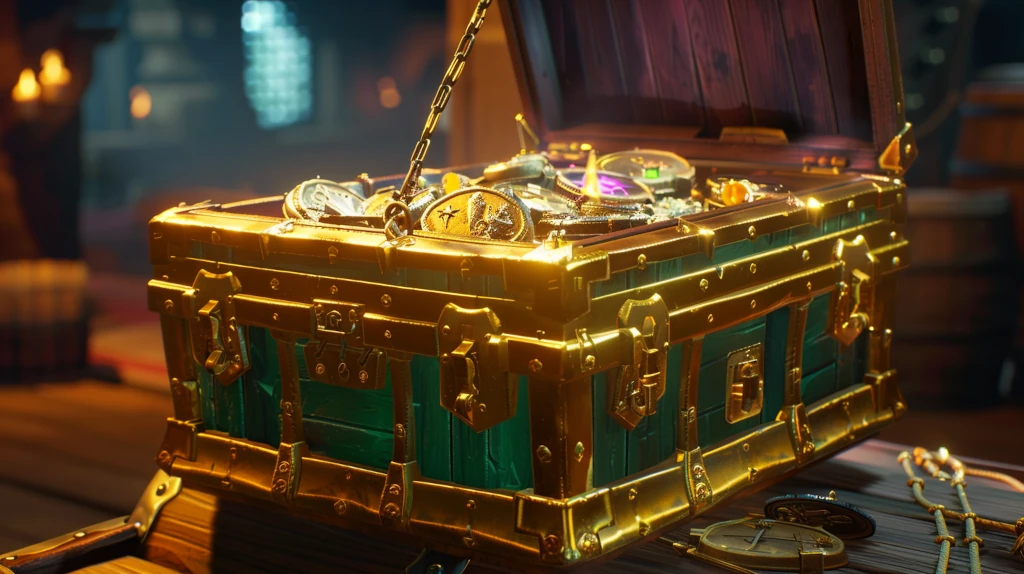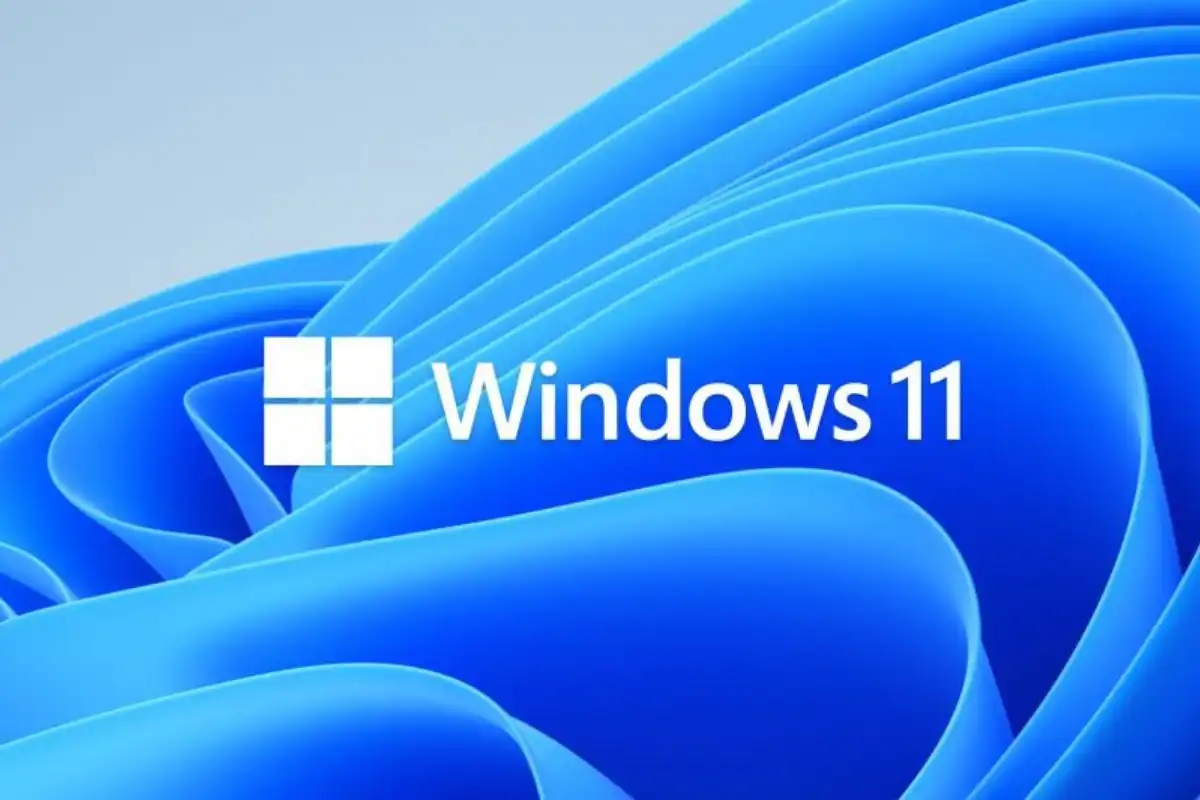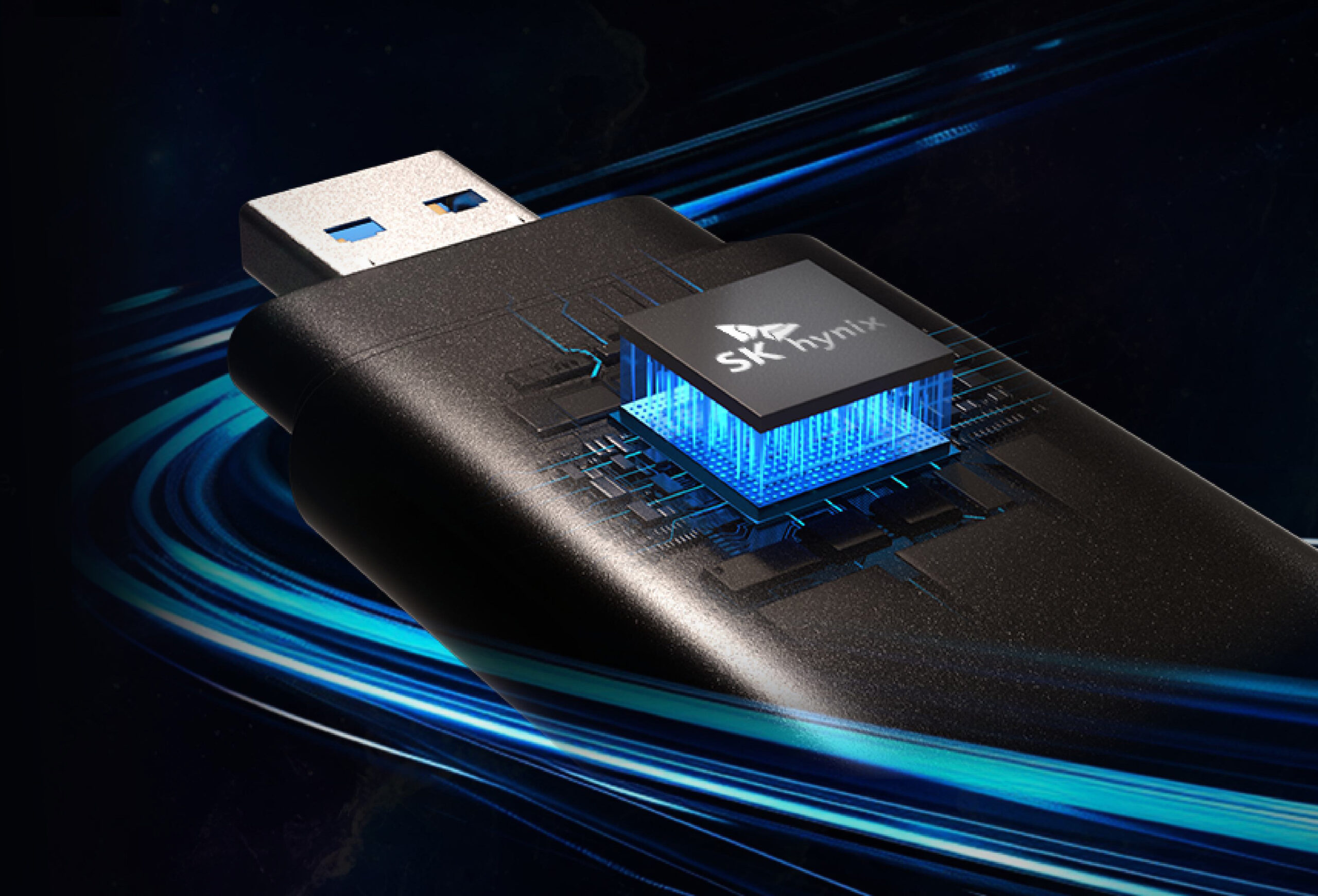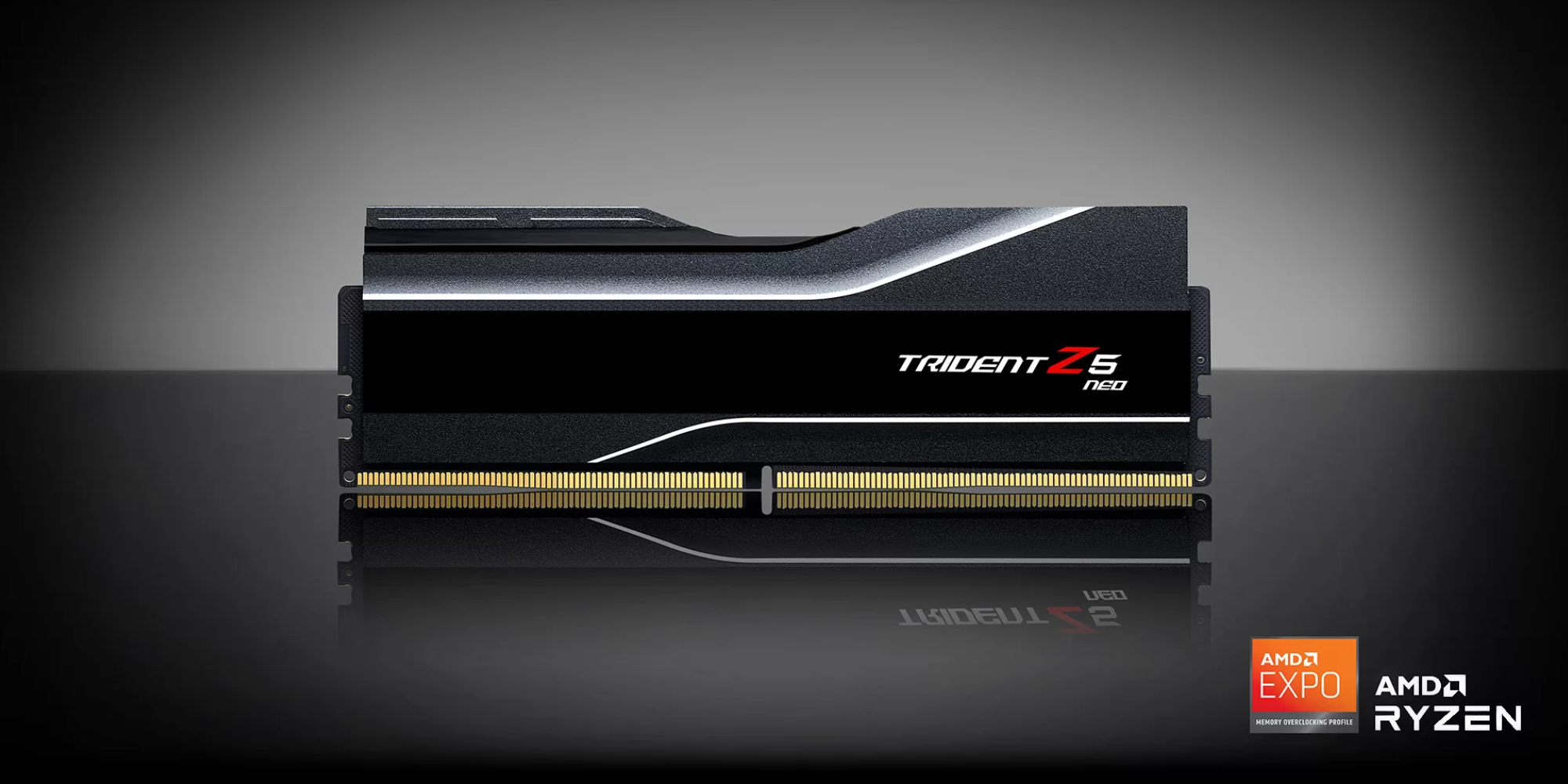
Loot boxes in video and mobile games were once at the center of heated debates, drawing criticism from both gamers and regulators. Now, after years of scrutiny, Australia is stepping up with significant regulatory action. Starting this Sunday, any game sold in the country featuring loot boxes will automatically receive a rating of M (Mature) or R 18+ (Restricted).
For those unfamiliar, loot boxes are essentially digital grab bags. Players spend money on these boxes, hoping to obtain rare items, skins, or gear, but the chances of acquiring something truly valuable are often incredibly slim. For example, games like Overwatch or Genshin Impact offer “epic” or “legendary” items at staggeringly low odds, sometimes only available during limited-time events to encourage more spending.
While some games keep loot boxes strictly cosmetic, others tie them directly to gameplay advantages. Titles like EA’s sports games allow players to gain competitive edges by purchasing loot boxes containing star athletes, while others, like Battlefront 2, faced backlash for offering in-game power-ups, sparking “pay to win” accusations.
Australia’s government is treating this as akin to gambling. The new classification system dictates that games using real-money purchases for loot boxes will now have an M rating at a minimum, discouraging retailers from selling to anyone under 15. Games featuring simulated gambling will face an even stricter R 18+ rating. This change reflects an effort to limit children’s exposure to gambling-like content tied to real-world money.
These stricter guidelines signify Australia’s growing intent to tackle gambling mechanics in games, offering parents and consumers clearer warnings. As developers pivot to battle passes, this step ensures that randomized loot boxes face tougher scrutiny, especially when linked to monetary transactions.




